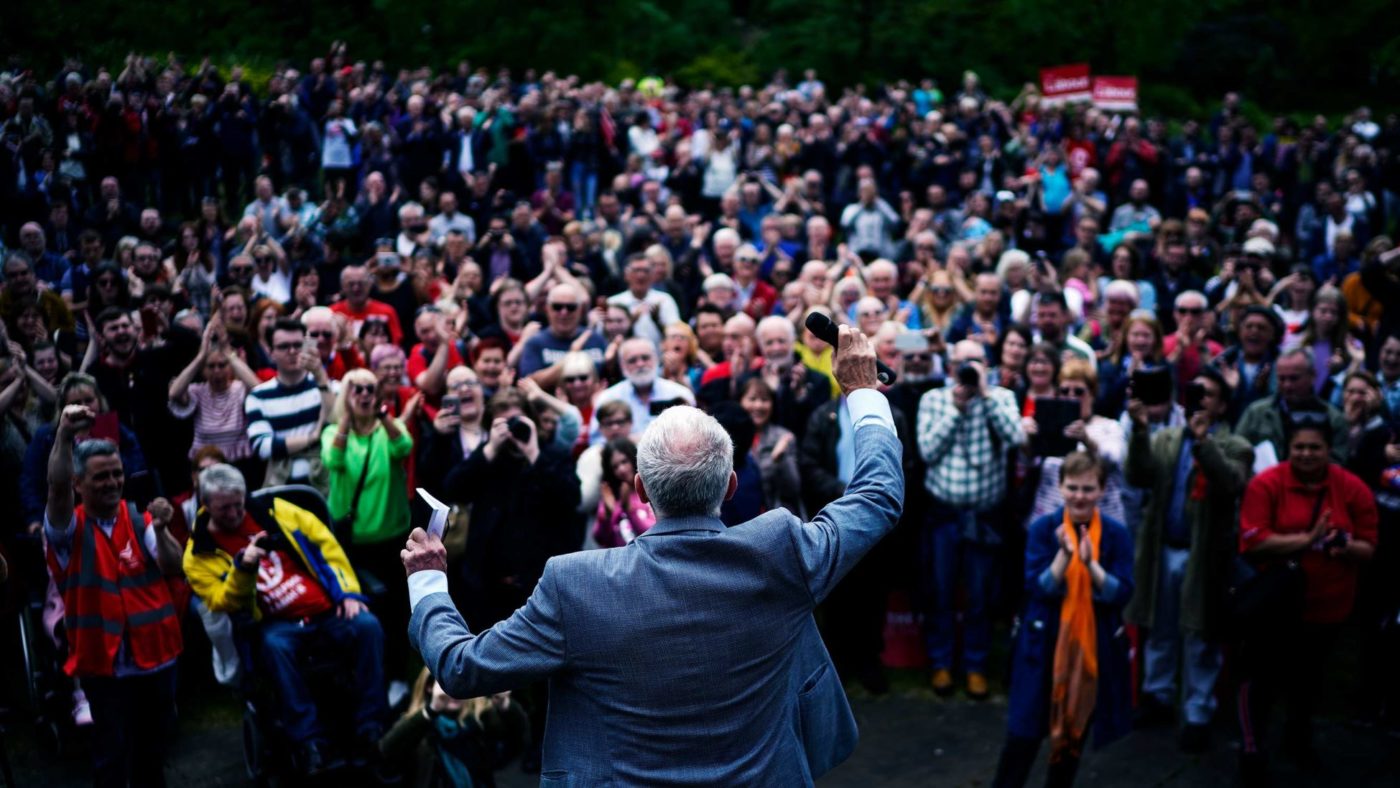Nobody would really contest the premise that thinking hard about politics can lead people to very different conclusions. The works of, say, Thomas Hobbes and John Stuart Mill articulate very different visions of politics and indeed humanity, but no-one could claim that this was due to them failing to consider their subject sufficiently.
You can see the views of both or either as misguided, you can disagree, but you cannot say that they are wrong in any objective sense. We continue to discuss them in light of our own politics, while allowing for the context in which both men wrote and the knowledge available to them.
My own politics have been formed by similarly contingent experiences. I spent much of my 20s in small flats in Berlin, learning about Germany and its history and also coming to a better understanding of the anti-Semitism which destroyed much of my family. I spent time with East Germans, hearing what they missed about communism and what they still resented about it. “It was fine,” my friend Michael told me, “until you wanted to do something different”.
Returning to England, despite my longstanding sympathy with left-wing ideals, I became increasingly wary of the tone of the resurgent British left. I’m a moderate European social democrat, but in the London artsy circles I move in, I feel like Enoch Powell. And back here the word communism was being used casually, almost to denote a lifestyle choice equivalent to getting piercings or liking trap, with a lightness far from the forbidding solidity of the East German Plattenbau.
I am aware that if I had stayed in Britain, if I had suffered more from the years of austerity – although I certainly did suffer, when I married a Chinese national, as a result of Tory immigration laws – I might have come to different conclusions. That’s life though – and our experiences and our interpretation of them inevitably lead to differing political views. Life will make this person a liberal, this one a conservative, this one a socialist, and always will; and the job of a democracy is to manage their competing demands.
Liberal democracy is a framework to articulate different perspectives rather than to empower certain factions in the destruction of other ones. What happens in politics will also be in large part determined by the natural rhythms of human life; as generations rise and fall, they will inevitably find the need to put distances between each other, both culturally and politically. This is an inherently undramatic view of politics as an ongoing, forever unfinished human activity where all have roles to play, and different traditions may at some point get a turn in charge.
Sadly, the contemporary British left seems to be unable to accept this pluralism. It seems to think that a large part of the population vote Conservative because they are brainwashed or sociopathic, rather than being, you know, conservatives. It does not accept the political legitimacy or inevitability of differing political traditions, and is as such only able to make converts rather than build coalitions.
Its aggressive online behaviour, seemingly keener on demarcating its own tribe than welcoming others into it, is indicative here. Many on the left seem to think that having 25% of the population believe Tories or Liberal Democrats are beyond the pale is better than having a large majority of the population quietly reject the right at the ballot box.
Unlike what some Corbynites would have you believe, people who vote conservative are not morally inferior to leftwingers; they are simply making their choice as best they can within a relatively crude electoral system. Furthermore many older voters, so often disrespected by the left – ‘OK boomer’ – have their own historical and formative memories of British socialism, and deserve to be listened to, rather than mocked.
And surely political pluralism is just something to celebrate in itself, as pluralism is in all walks of life, in food, culture, language, music and indeed religion. A world of unitary socialist faith doesn’t even seem desirable on its own terms – it sounds dull.
What’s more, a vital part of any political process is the questions your opponents ask of you. And socialism does have questions to answer – why has it so often when implemented led to state repression, and why does it seem, with honourable exceptions, to have such recurrent problems with Jews?
I do not believe that these questions are invalidated by the political affiliation or biography of those asking them. Indeed, the ability to ask tough questions will be indispensable in managing the large-scale, transformative change the British left clearly hopes for. And even if it does eventually attain this change leftwingers would do well to heed the words of Hannah Arendt: “The most radical revolutionary will become a conservative the day after the revolution.”
Click here to subscribe to our daily briefing – the best pieces from CapX and across the web.
CapX depends on the generosity of its readers. If you value what we do, please consider making a donation.


